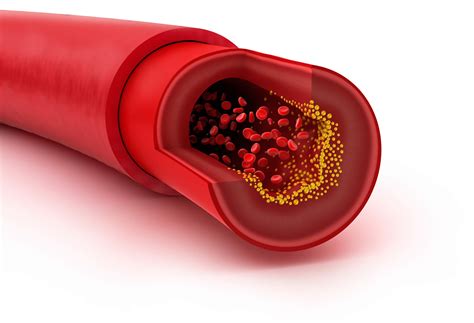
What question is being addressed?
There is a large body of data demonstrating the health benefits of exercise. However most of the studies looking at these outcomes are in young or middle aged patients. This study we are discussing at Exercise benefits in elderly @יואל קסלר evaluates the benefits in an elderly population.
What was studied?
Dr Claudio Barbiellini Amidei and others from the University of Padua investigated a "a cohort study of 3099 Italians aged ≥65 years with baseline assessment in 1995–1997 and follow-up visits at 4 and 7 years. Surveillance was extended to 2018 by linkage with hospital and mortality records. Prevalent and incident cardiovascular diseases (coronary heart disease, heart failure and stroke) were identified through clinical examination, questionnaire, or hospital records. Moderate to vigorous physical activity was considered as a time-varying variable. Physical activity trajectories were categorised as: stable-low, high-decreasing, low-increasing and stable-high. Exposure was also assessed at 70, 75, 80 and 85 years."
What was found?
At exercise reduces cardiovascular disease in elderly patients יואל קסלר .com we reprint the results published in BMJ Heart. The researchers found that "Overall, physical activity was associated with lower rates of incident cardiovascular diseases. A significant risk reduction was present among men and was stronger earlier in late life (70–75 years). Trajectories of stable-high physical activity were associated with a significantly lower risk of cardiovascular outcomes among men (HR 0.48, 95% CI 0.27 to 0.86) compared with those with stable-low trajectories (p for trend 0.002). No significant association was found with stroke. The greatest cardiovascular risk reduction was observed for >20 min/day of physical activity, and was more marked at 70 years."
Conclusions
This data suggests that starting a regular exercise regimen, even later in life, can still significantly reduce the risk of cardiovascular disease.


